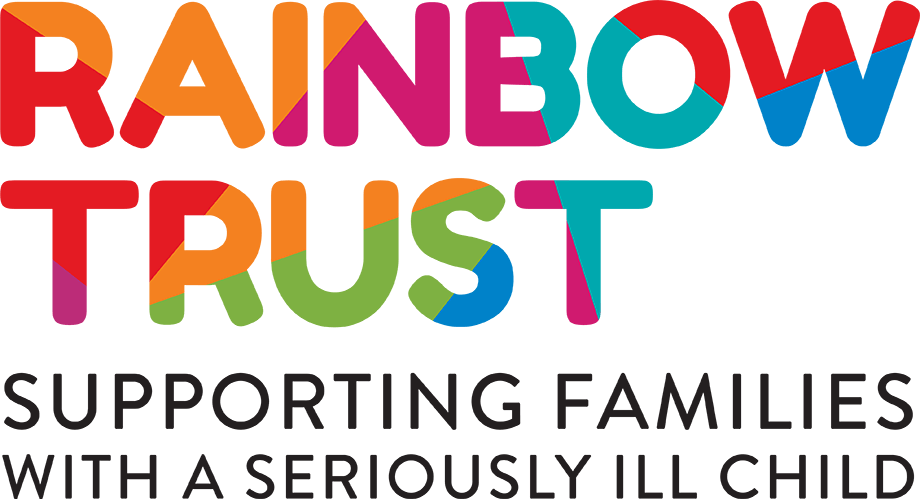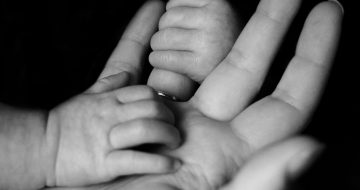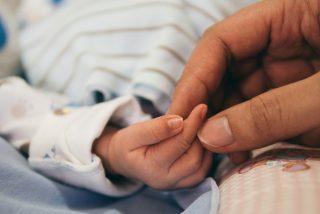Date published: 11 October 2021 by Amber Hemming
We can say with some confidence that the understanding of the impact of the death of a baby in a family has improved greatly.
From special bereavement midwives to workplace policies that aim to support parents who return to their jobs and a raising of awareness through events like Baby Loss Awareness Week there are now a range of things that can help families begin to navigate their grief, and rightly so. As a community we are (hopefully) much more able to acknowledge loss and bereavement and its effect on us.
In my experience, supporting families where a baby has died, one of the enduring questions is around what parents should share about what has happened to them with friends, colleagues, and new acquaintances.
The fear of the common questions like “do you have children" or "how many children do you have” can be overwhelming. Do parents include the baby that has died and risk opening a conversation that they maybe don’t want to have on that day, or do they not include the child and then have to absorb the feelings generated by that that.
My answer is simple “it is your loss and your grief.” What you choose to share and what you decide to hold close should be determined by your needs at the time. The responsibility of absorbing information, reacting compassionately and responding appropriately is for the non-bereaved.
“How are you today?” is a question that acknowledges that someone might be struggling with their grief but also allows them to control where the conversation goes. It assumes nothing and can empower the person to say something or nothing. As grief supporters we are not entitled to anything, be that information or an opportunity to share something of our own experience.
Another anxiety for bereaved parents is that their baby and their grief, will quickly be forgotten by others. The expectation that they will “move on” or “get over” what has happened can add to the trauma of their loss.
As time moves on and life changes, they may not know when their grief will come forward or when it will be triggered. We know that the attachment that a parent has with the baby that has died remains that, “an attachment". Their baby will be emotionally present for them at different times and not always as a sad memory.
Again, acknowledging this can be so important for not only the bereaved but those who are supporters and can allow conversations and alleviate that fear that the baby and the grief has been forgotten.
Mentioning the baby does not remind the parent of their loss, it is there anyway but it might help them to feel less isolated and able to seek support if they need it.
Rainbow Trust will be remembering babies who have died by lighting candles for the international wave of light at 7pm GMT on 15 October. You will be able to find this on our social media channels, @rainbowtrustcc on Instagram and Facebook and Rainbow Trust Children's Charity on Facebook and LinkedIn.



